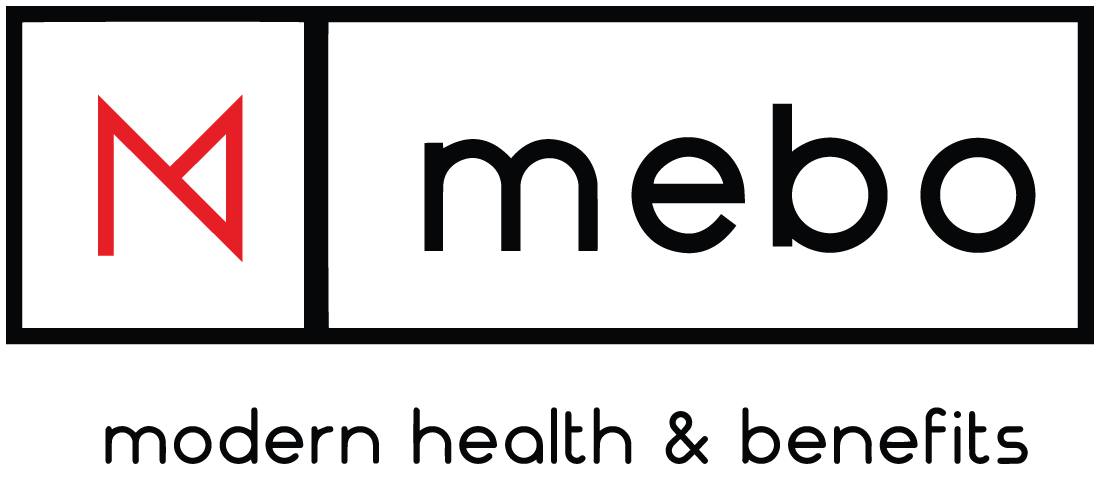Looking to Hire the Class of 2021? Add these Employee Benefits Now
Studies show that employers are planning to hire 7.2% more college graduates from the Class of 2021 than they did from the Class of 2020. While young talent can bring fresh ideas to the workplace, employers may need to adjust their benefits to attract new applicants.
The global pandemic has changed the way that workers view their workday and college graduates are no exception. Many of these graduates finished their education at home, without any in-person interaction from professors or peers. This has created resilience and a strong work ethic for most. It has also led to a much more independent workforce.
What the Class of 2021 Really Wants
In addition to adequate compensation, top benefits requested by the Class of 2021 include medical coverage, 401(k) match, and flexible work hours. Increased interest in 401(k) match and health benefits reflects the younger generation’s fears surrounding financial insecurity and potential health issues caused by another pandemic. This generation of workers are more interested in ensuring future protection for themselves and their families.
Above anything else, young talent wants quality health benefits that include mental health coverage. In a LaSalle Network report, 40% of recent graduates listed mental and emotional health as a top concern when entering the workforce. Providing quality benefits may be just what employers need to attract and retain young talent.
Current Labor Shortage Impacts Employers Around the U.S.
ManpowerGroup recently reported that 7 in 10, or 69% of all companies have experienced talent shortages and difficulty hiring this year. In late April, there were over 9.3 million open jobs in the United States. Currently, the U.S. is experiencing both a labor shortage and record-high unemployment rates. Many states have begun reducing unemployment benefits in an effort to get more people to apply. However, this is doing very little to resolve the labor shortage. According to BTIG, only 3% of individuals were earning enough from unemployment to have no financial need to return to work.
Flexible Work
Employers that wish to attract quality talent need to consider the reasons why workers don’t want to return to the office. Before the global pandemic, employers told workers they needed to come to work each day. Forced closures and reduced occupancy rates pushed employers to consider alternatives to the traditional workday. Millions of American workers shifted to remote work in a matter of months. While this presented challenges at first, over time most workers and their employers realized the benefits of working from home.
As we move past the pandemic, it’s become much harder for employers to justify in-office attendance. Many workers have decided they simply will not go back to a job that does not offer flexible work arrangements. While some workers may work remotely full-time, many would be willing to accept a hybrid schedule with 2-3 days spent in an office environment.
MEBO works with leaders to create customized employee benefit plans. Please contact us for information about our services or to schedule a consultation with one of our benefit specialists. We look forward to hearing from you.










